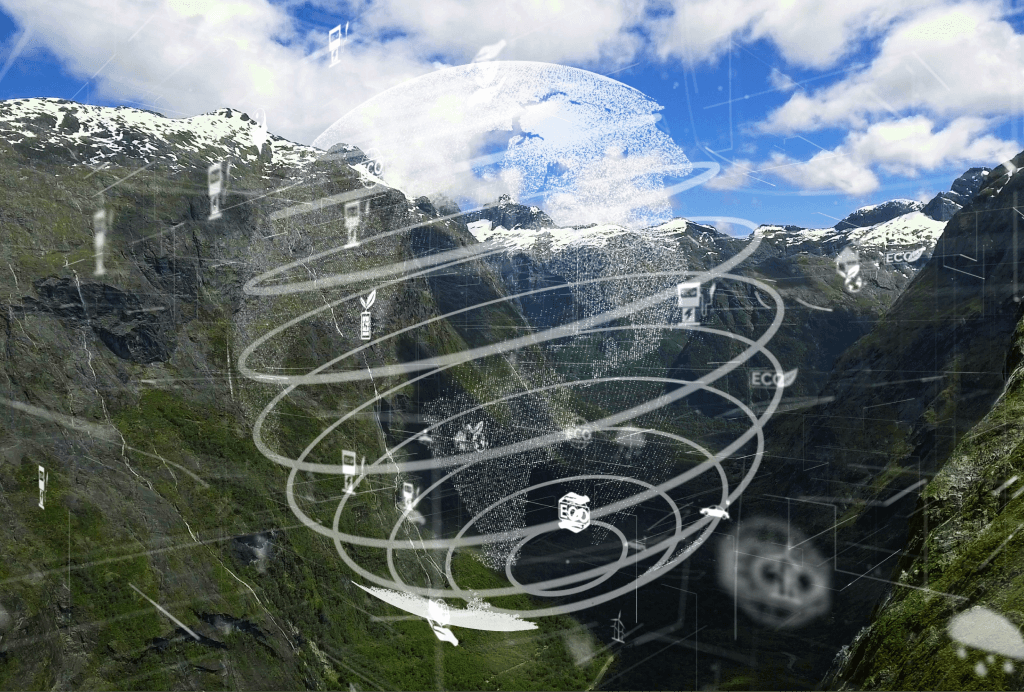Introduction
As climate change increases, suitable and accurate data on environmental conditions becomes very important. Artificial Intelligence (AI) has emerged as a powerful tool in environmental monitoring, allowing scientists to track changes in actual time and make informed decisions. This article discusses how AI contributes to tracking climate change, providing insights into environmental patterns.
The Role of AI in Environmental Monitoring
AI applications in environmental monitoring use machine learning and deep learning algorithms to process massive amounts of data from sensors, satellites, and other sources. These algorithms detect patterns, anomalies, and trends that would be challenging for humans to identify manually. By automating data analysis, AI accelerates environmental monitoring, improving accuracy and response times.
Key Applications of AI in Climate Change Monitoring
Satellite Imagery Analysis
AI can process satellite images in actual time, tracking changes in land use, forest coverage, ice cap melting, and water levels. Machine learning models detect shifts and anomalies, providing critical data on how ecosystems are responding to climate change.
Predicting Weather Patterns
AI driven predictive models analyze meteorological data to forecast extreme weather events, such as hurricanes, droughts, and wildfires. These predictions help prepare for and potentially mitigate climate-related disasters, reducing their impact on human lives and the environment.
Monitoring Air Quality and Pollution
Sensors deployed in urban and rural areas continuously collect air quality data. AI algorithms analyze this data to monitor pollution levels, track sources of emissions, and identify trends, assisting governments and organizations in implementing effective environmental policies.
Biodiversity and Habitat Tracking
AI tools enable researchers to monitor changes in biodiversity, identifying species at risk due to shifting climate conditions. AI-driven image and audio recognition tools assist in tracking endangered species and protecting habitats.
Benefits of AI for Climate Change Tracking
increasing Accuracy and Efficiency
AI automates the processing and analysis of vast amounts of environmental data, significantly improving accuracy and allowing scientists to focus on strategic insights rather than manual data handling.
Live Response and Adaptation
Real-time monitoring allows for immediate response to environmental threats. AI-driven insights facilitate rapid decision-making, enabling policymakers to implement solutions before issues escalate.
Informed Decision-Making for Sustainable Development
AI insights help organizations, governments, and communities make informed decisions that support sustainable development, ensuring that environmental protection efforts are proactive and data-driven.
Challenges of Using AI in Environmental Monitoring
Data Privacy and Ethical Considerations
Environmental monitoring often involves collecting data from both natural and urban areas, raising questions about privacy and data ownership. Ensuring that data collection complies with ethical standards is crucial for responsible AI use.
High Costs and Resource Needs
Deploying AI-driven monitoring systems requires considerable resources and infrastructure, which can be a barrier, especially for developing countries. Collaborative initiatives may help overcome these limitations.
Reliability of AI Models in Complex Environments
Environmental data is complex and can vary widely. AI models must be trained on diverse datasets to ensure they’re reliable in different geographic and ecological contexts.
Conclusion
AI in environmental monitoring offers transformative potential for tracking and addressing climate change in real time. Through advanced analytics, prediction capabilities, and live monitoring, AI empowers organizations and governments to take proactive steps in safeguarding the environment. As AI technology continues to advance, its role in environmental conservation and climate action will only grow, helping build a sustainable future for the planet.








